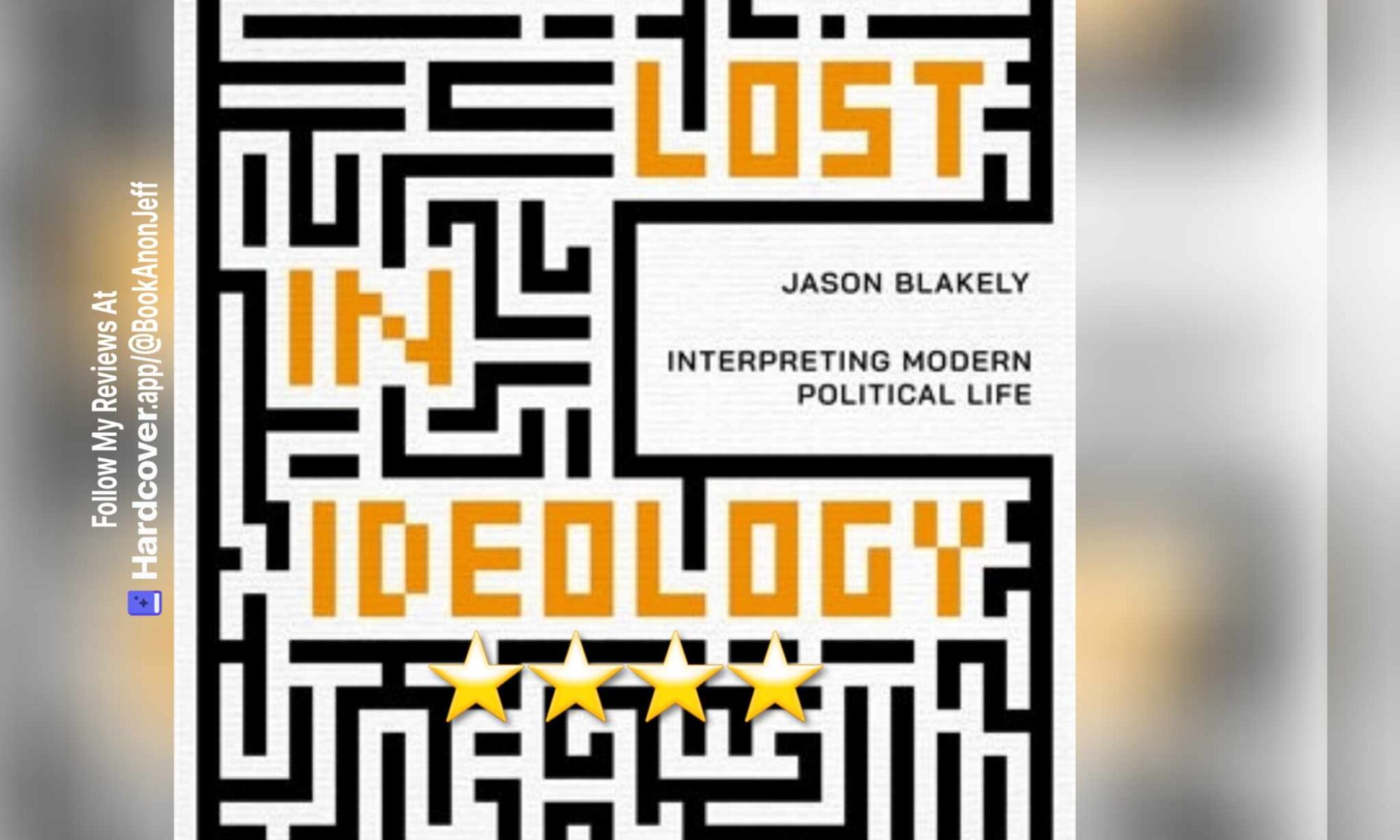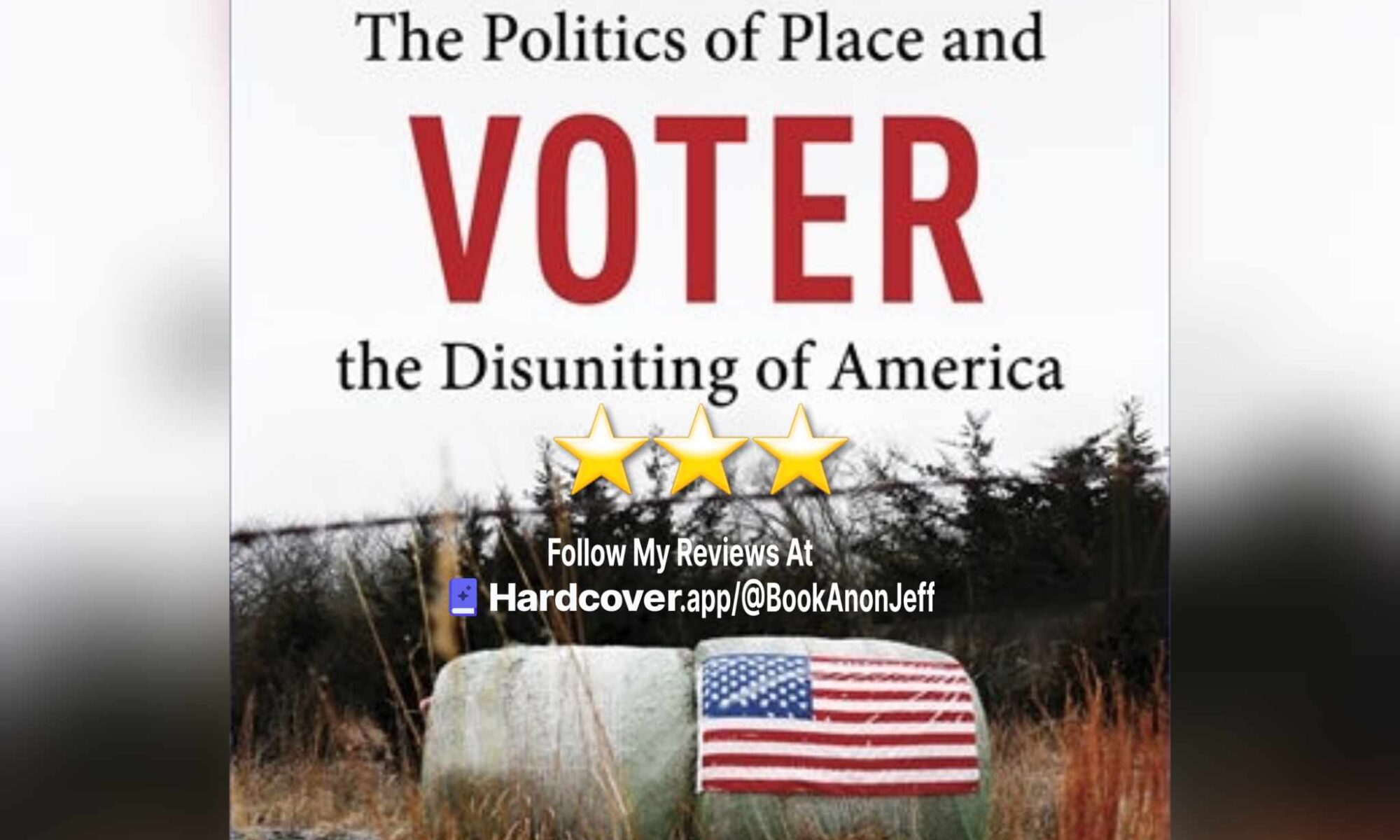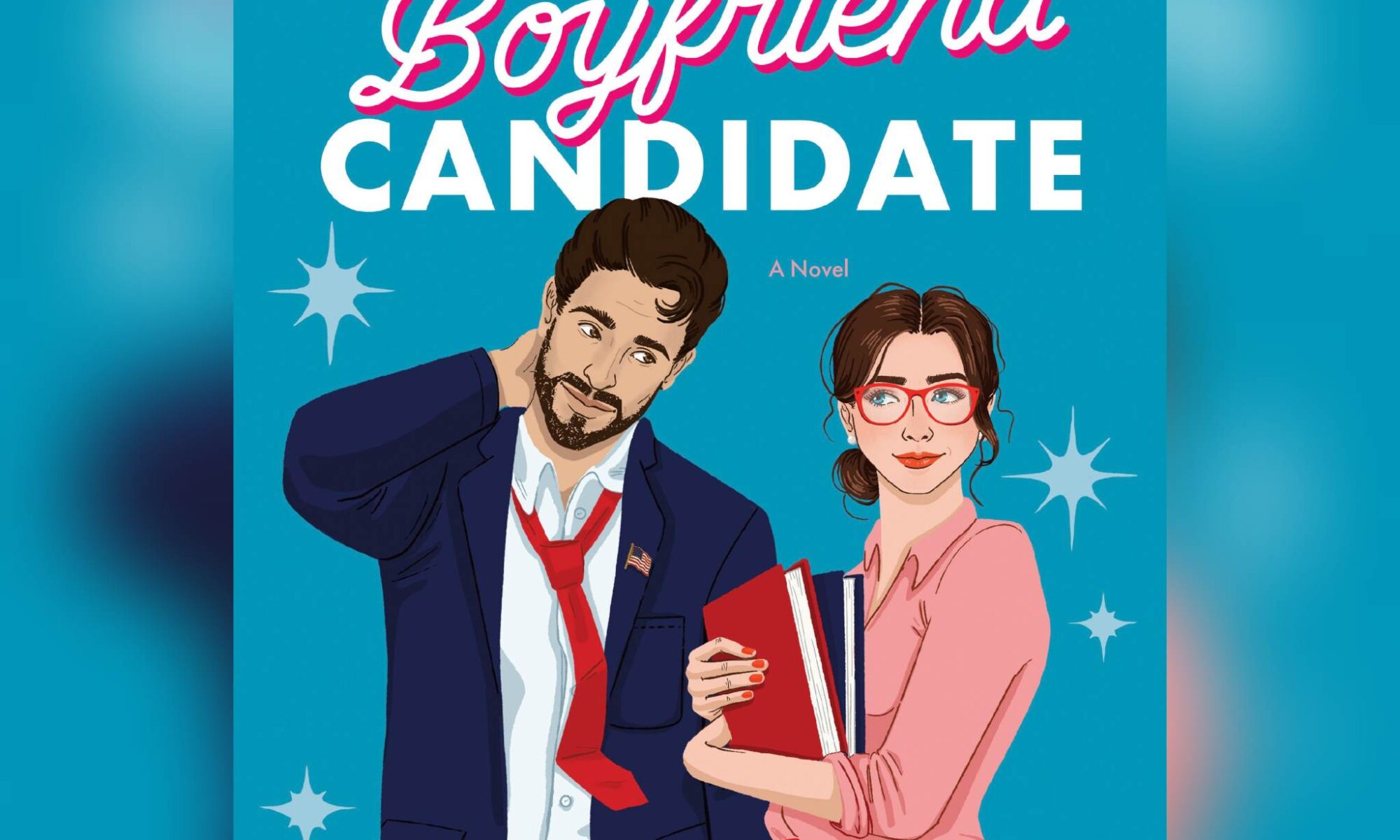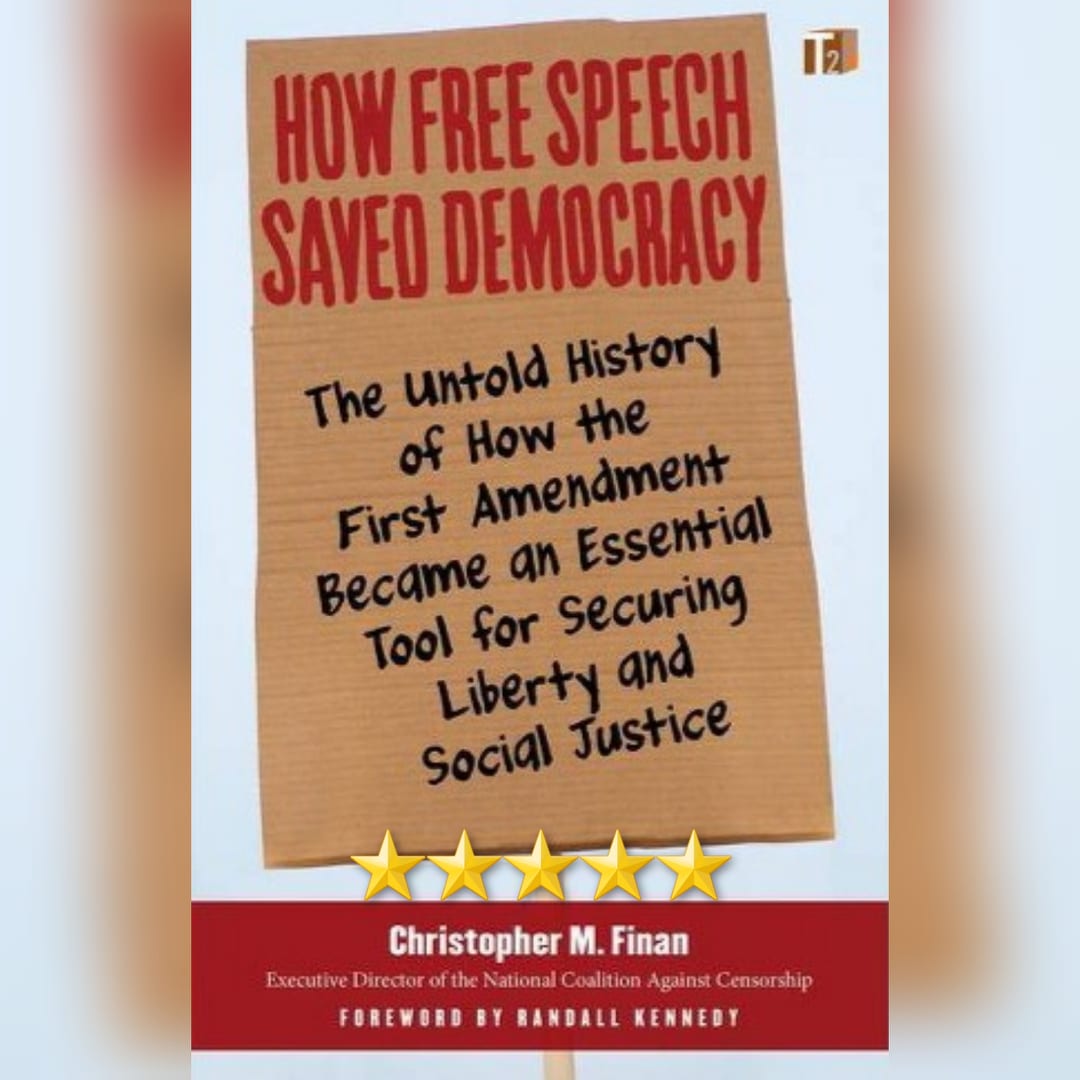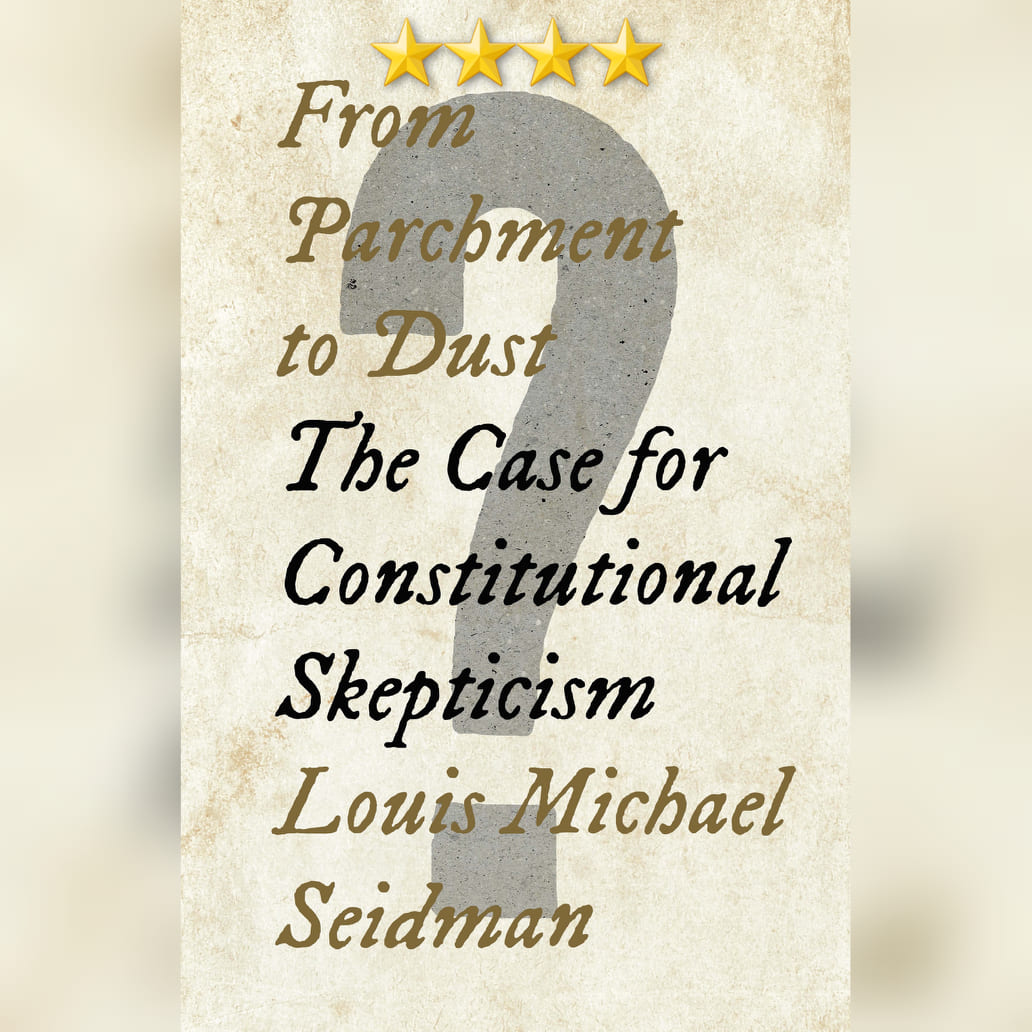Intriguing Investigation Marred by Academic Elitism. A disclosure up front: as I get into the meat of this review momentarily, know that I am literally a man with “R == R” tattooed on his arm, which reads “Real is Real” for those less familiar with mathematics and C-family programming, and -for those less familiar with the work in question- it is the actual subheading for Part III of Atlas Shrugged by Ayn Rand.
Now, as to the actual text at hand for this review: It really was quite remarkable. Don’t let the three star rating fool you: this is a book that you *need* to read if you hope to have any remotely accurate understanding of politics in the United States, as it is the singular best book I’ve found to date on just what makes its titular subject a truly distinct class. In likely north of 90% of the time, I can tell you straight up that no matter what you *think* the rural voter is or how you *think* they vote or what you *think* they value… you’re more than likely wrong. Read this book to set your facts straight, and proceed from there as you will.
Now, as to the star deductions: The first is fairly standard for me, though some readers may have less of a problem with it. Quite simply, I expect any nonfiction book to be well documented, and by that I mean at least approaching the 20-30% mark (which is the typical average in my experience, though as some other reviews this year have noted, I’m slowly getting less stringent on that as long as the book in question is at least close to that number). However, this book had barely half of the bottom edge of the range, clocking in at just around 11% of the text. So there’s the first star deduction, one I knew of before I ever read a word of this text.
The second star deduction is likely given away by the “Marred By Academic Elitism” part of the title of this review. Indeed, while the authors both note that they actively live in rural America and work at a small college, their active partisanship is rather blatant and even openly embraced – and of the typical sort most would expect from Academia. Indeed, one reason I didn’t deduct *two* stars here – yes, some would say the elitism and partisanship are *that* heavy handed, certainly at times – was because even as the authors wanted *Democrats* to become more active with rural voters (and yes, they specifically noted exactly that multiple times, particularly later in the text), they also openly noted that more people *generally* need to get more active with rural voters and allow those voters the active choice in candidates and policies to support or oppose, rather than simply allowing national politics to take the fore unopposed. As a two time rural/ suburban small town City Council candidate myself… that was actually *the* message I centered both of my campaigns around – that the People would have a direct choice. (For those who care, if any, I lost both races roughly 75%-25%, though the second race was a Special Election and yet had higher turnout than the first, a General Election. So I consider that fact alone a moral win. :D)
But truly, even if you don’t agree with the authors’ heavy handed elitist partisanship – read this book anyway. They really do show quite a bit of solid research that you need to understand if you expect to play well in rural America generally, and even if you grew up in the town/ region you’re hoping to win an election it… this research may show even you things about the rural voter more generally that likely apply to even your specific rural voters. It will certainly be worth your effort to read and decide for yourself.
Which brings me to another class of reader, as someone who was *also* a former Party Leader (having served as both the local affiliate Chair of my local Libertarian Party as well as on the Libertarian Party of Georgia’s State Executive Committee as both a member and an appointee): Party Leadership, and particularly those in *any* US Political Party (to be clear, any organization that considers itself such, regardless of State election laws) who are responsible for candidate training and education, or even overall Party outreach or strategy. In any of those cases and in any of those Parties, you need to read this book. (And for those unaware, there actually are literally upwards of 100 such organizations with ballot access in at least one State across the United States, though only the Green Party and Libertarian Party have threatened – or achieved – enough ballot access to *theoretically* win the Presidency this Millennium.)
Overall a solid, if flawed, text, and very much recommended.
This review of The Rural Voter by Daniel M. Shea and Nicholas F. Jacobs was originally written on November 14, 2023.

